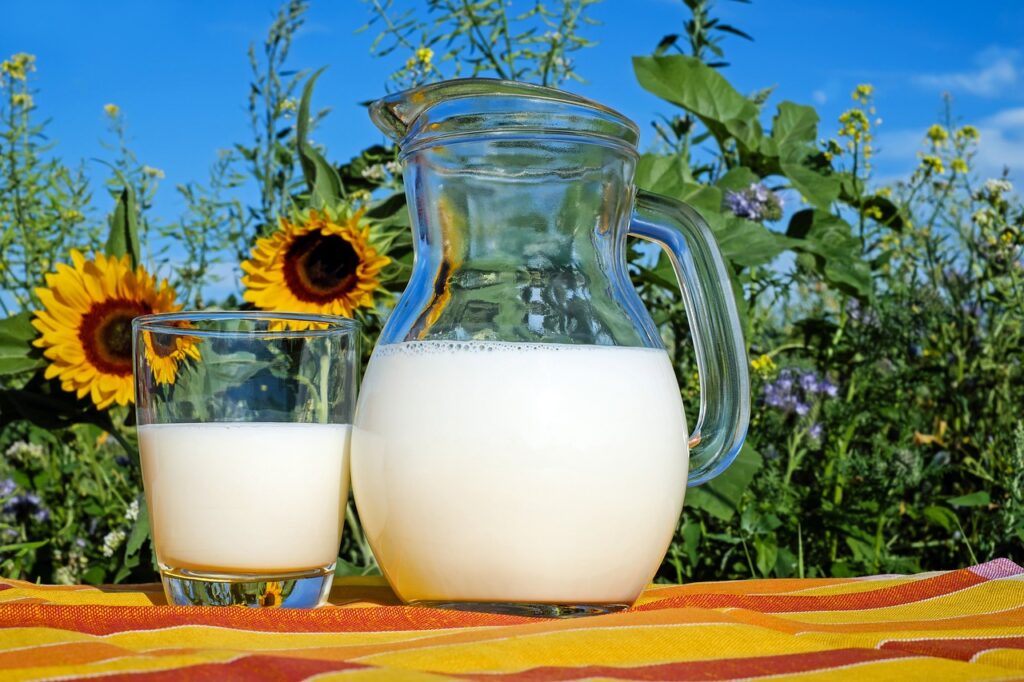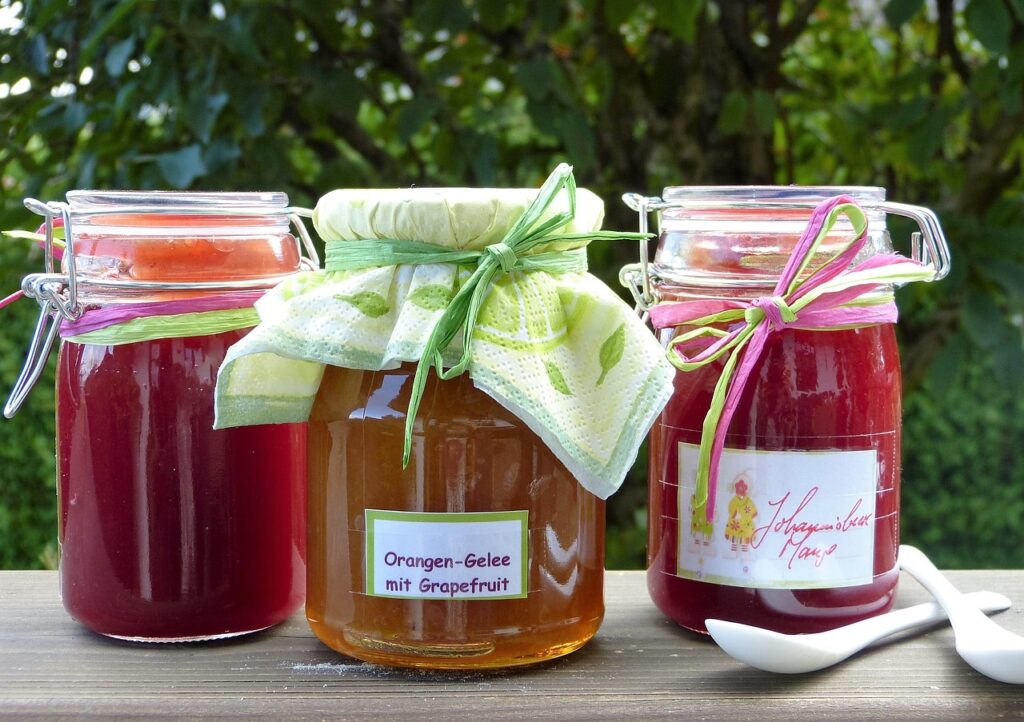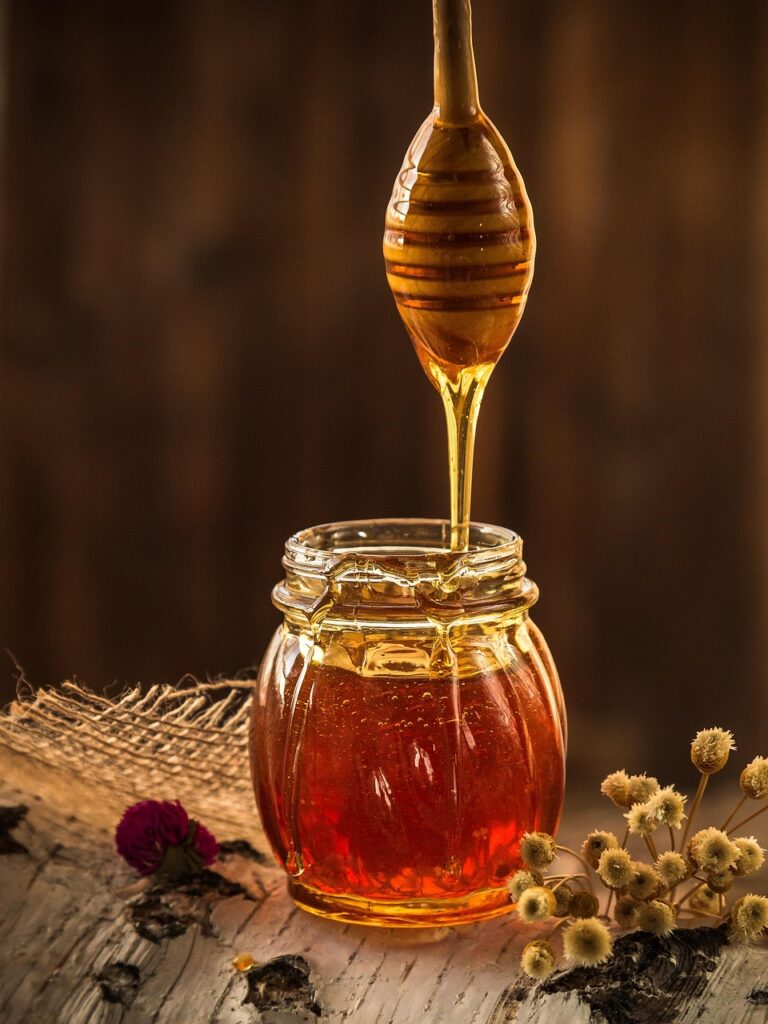Bartering is making a serious comeback, and honestly, it’s about time. With grocery prices soaring and supply chains still pulling their disappearing act, people are turning to the oldest form of commerce—trading what they have for what they need. If you’ve got a homestead producing eggs, milk, veggies, or handmade goods, you’re sitting on a goldmine of trade potential. Why spend cash when you can swap farm-fresh eggs for home-baked bread, or trade extra goat milk for fresh produce?

The beauty of bartering is that it doesn’t just save money—it builds relationships, strengthens communities, and makes you feel like you’re living in a simpler time when deals were sealed with a handshake, not a credit card swipe. Plus, it’s just plain satisfying to make a fair trade, knowing you both walk away with something useful. If you’re new to bartering, don’t worry—I’ve got you covered with everything you need to know to swap like a seasoned farm entrepreneur.
First, let’s talk about what actually works well for bartering. Not all farm goods hold the same weight in a trade. Fresh eggs, for example, are basically currency at this point, and if you’ve got a steady supply, you’ll have people lined up wanting to trade. Raw honey is another hot commodity—anyone with bees is basically royalty in the barter world. Fresh milk, whether from goats or cows, is always in demand, especially with so many people trying their hand at cheesemaking or soap-making. Garden vegetables and herbs are also a solid choice, particularly heirloom varieties or seasonal favorites that aren’t always easy to find. And let’s not forget homemade goods—sourdough bread, canned jams, pickles, and even candles or soaps can hold serious trade value.

Once you’ve got your goods, it’s time to find people to barter with. If you haven’t already checked, your local community likely has Facebook groups dedicated to homesteading, self-sufficiency, or bartering. Farmers’ markets are another great place to strike up a trade, as are homesteading or livestock swap events. But don’t underestimate the power of word-of-mouth—mentioning to a neighbor that you’ve got extra eggs or honey might just lead to a long-term trade agreement that benefits you both. If you live in a small town, chances are there are plenty of people who would rather trade goods than spend cash at the grocery store.
Now, let’s talk about making a fair trade. The key to successful bartering is ensuring that both parties walk away happy. If you’re swapping eggs for a loaf of homemade bread, that’s a solid trade. A jar of honey for a few pounds of fresh garden veggies? Sounds fair. But if someone tries to trade a single zucchini for three dozen eggs, it’s perfectly fine to politely decline. Bartering should be about equal value, and while there’s always room for negotiation, don’t shortchange yourself. If you’re unsure about pricing, consider what the item would sell for at a local farmers’ market and use that as a guide.

Of course, not every barter goes as planned. If you’ve been doing this long enough, you’ve probably had a trade go sideways. Maybe you swapped for “homemade candles” only to find out they smelled like burned hair and bad decisions. Or maybe you made the classic rookie mistake of agreeing to take someone’s extra rooster, thinking you could use him for breeding, only to realize you now have a feathered tyrant with a vendetta against your ankles. Lessons are learned, and the best barterers know when to walk away from a deal that doesn’t feel right.
At the end of the day, bartering is more than just a way to save money—it’s a skill that can help you become more self-sufficient, strengthen your connections with the people around you, and add real value to your homestead. Whether you’re swapping eggs for fresh veggies, honey for handmade soap, or firewood for fresh-baked bread, trading what you have for what you need is a practical and rewarding way to navigate today’s economy. So if you’ve got extra farm goods, don’t just let them sit—get out there and start trading. Your pantry (and your wallet) will thank you.
Happy Trading,
BrambleBelle



